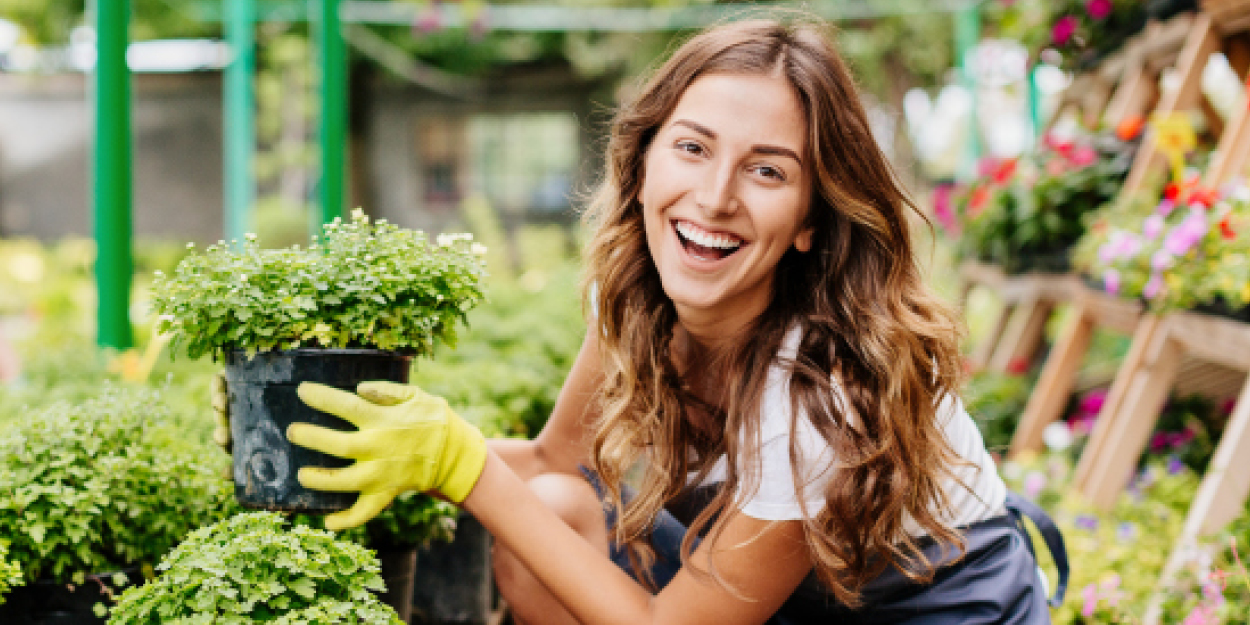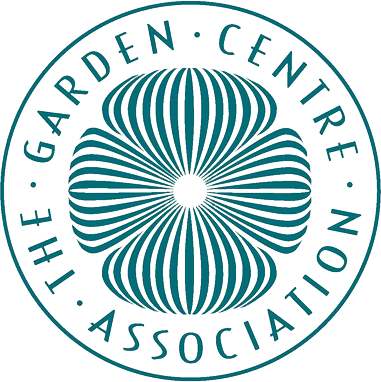Looking After Your Chinchilla
Housing
Chinchillas will need a large, multi-level wire mesh cage. This must include areas for climbing and sleeping. They will also need a sand bath, use good quality chinchilla sand. Chinchillas can cope with varying temperatures but avoid direct sunlight and draughts. Temperatures above 28°C can cause heat stroke.
Chinchillas are social animals and should be kept in single-sex groups or pairs or polygamous groups (1 male to every 5 females).
Feeding
Chinchillas have a very sensitive digestive system so choose a suitable feed and check the recommended daily allowance. Feed your chinchilla in the morning and evening making sure the first feed has been finished before topping it up. Their diet should be very low in fat, avoid sunflowers seeds or peanuts. Never change their diet suddenly or give too many treats as this can cause illness. Make sure they always have fresh drinking water available.
Handling
Approach slowly on the same level. A tame chinchilla will climb on to your hand. Gently scoop it up and hold it against your body. Be careful not to squeeze them as their ribs can be easily broken. Never pick a chinchilla up by its tail or fur.
Toys & treats
Chinchillas are very active and love branches, platforms, tubes and boxes to play with. Hide treats around the cage to encourage foraging and provide gnaw blocks to keep teeth trimmed. Natural treats include dandelion leaves, dried apple or raisins.
Health
Chinchillas can suffer from ear, eye and nose problems, diarrhoea, pneumonia, constipation and coat conditions.
If you have any cause for concern for the health of your pet, seek veterinary advice.
You will need…
- Suitable housing/cage
- Soft bedding for small animals
- Dust free wood shavings
- Water bottle and bottle brush
- Metal or ceramic food bowl
- Suitable pet food
- Gnaw block
- Toys and treats
- Vitamin supplements
- Pet safe disinfectant
- Pet care book
- Chinchilla sand






